Ongoing Research
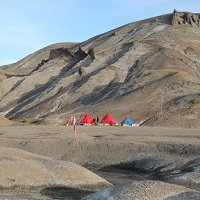
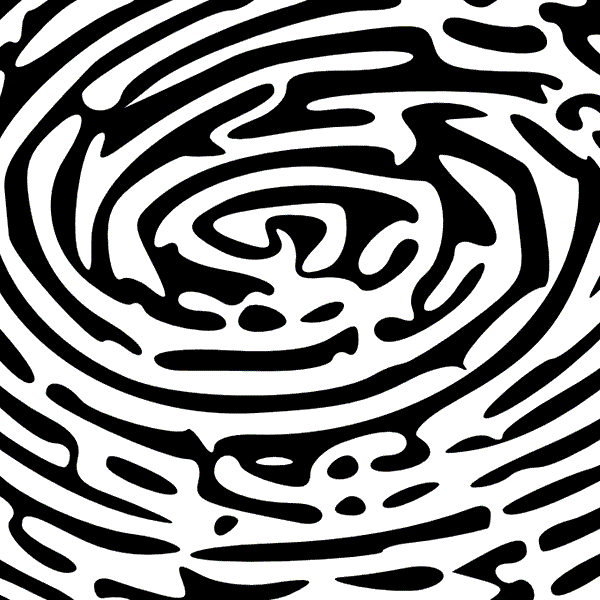


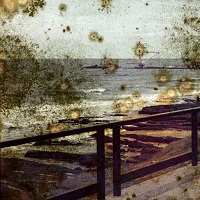


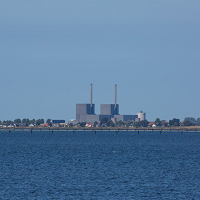
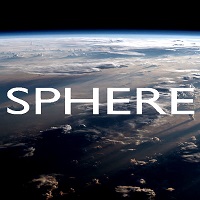









EHL Events
Thursday 2026-03-05, 17:30 - 20:00
Participating: Paola Torres, Parth MN
Location: SKH Biosal Valhallavägen 189, 115 53 Stockholm, Sweden
2026-03-05T17:30:00.000+01:00 2026-03-05T20:00:00.000+01:00 The Material Cloud Film Festival I Humans in The Loop (EHL Events) SKH Biosal Valhallavägen 189, 115 53 Stockholm, Sweden (KTH, Stockholm, Sweden)The Material Cloud Film Festival I Humans in The Loop (EHL Events)
Events at Centre for Anthropocene History
Monday 2026-03-09, 13:15 - 15:00
Location: Teknikringen 74D, 5th floor, Division of History of Science, Technology and Environment
2026-03-09T13:15:00.000+01:00 2026-03-09T15:00:00.000+01:00 Book Talk with Alex Damianos "Science, Politics, and the Anthropocene Working Group: What was the Anthropocene?" (Events at Centre for Anthropocene History) Teknikringen 74D, 5th floor, Division of History of Science, Technology and Environment (KTH, Stockholm, Sweden)Book Talk with Alex Damianos "Science, Politics, and the Anthropocene Working Group: What was the Anthropocene?" (Events at Centre for Anthropocene History)